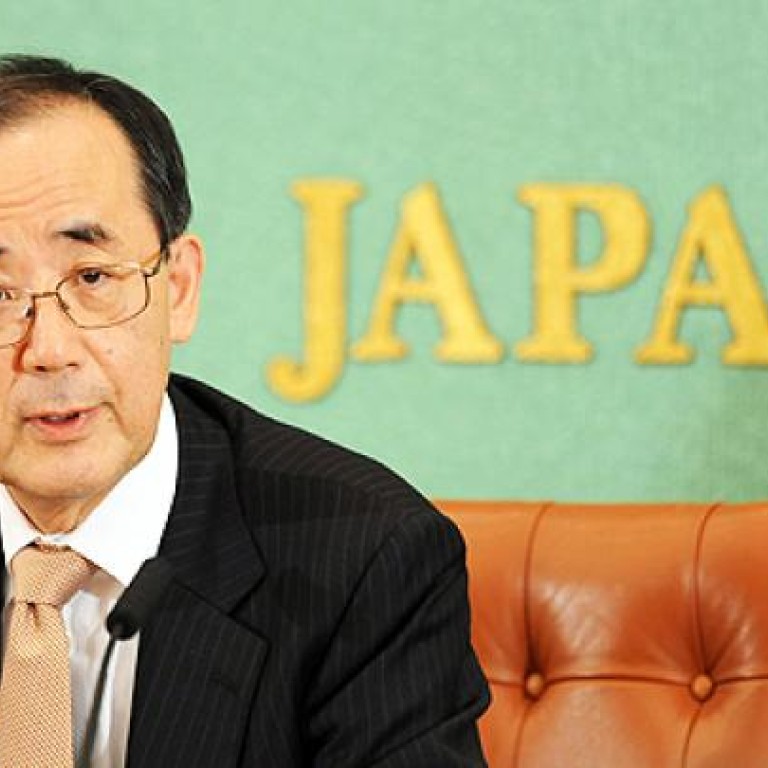
Bold easing action closer with exit of BOJ governor
News of Shirakawa's resignation sends the yen down as administration presses for stimulus
Bank of Japan governor Masaaki Shirakawa will step down on March 19, almost three weeks before his term is due, accelerating a leadership transition that may aid Prime Minister Shinzo Abe's campaign for aggressive easing.
Shirakawa, 63, would exit the same time as two deputy governors, he told reporters in Tokyo. He was due to leave on April 8.
The yen slid after the comments, adding to losses against the US dollar since Abe's administration took office in December on a platform of greater monetary stimulus and a reversal of yen strength.
The outgoing chief assured the stability of Japan's financial system with liquidity injections during the global credit crisis, and again in the wake of the record March 2011 earthquake and tsunami. At the same time, his failure to end the nation's deflation stoked criticism from lawmakers, and administration officials have pledged a replacement who shares Abe's determination to end price declines.
"The governor's resignation will likely push forward the timing of bold monetary easing action," said Akito Fukunaga, chief rates strategist at RBS Securities Japan in Tokyo, a unit of Royal Bank of Scotland. "Shirakawa has probably judged that it's better for the BOJ to start with a new top three who have similar views."
The yen weakened to as low as 93.05 per dollar after the news before paring losses to trade at 92.92 in the morning session in Tokyo, down 0.6 per cent for the day. It has slid 13 per cent since mid-November.
"I told the prime minister that I will resign on March 19 with the deputies, so that the central bank's new leadership can start at the same time," Shirakawa told reporters.
The shortlist to replace him is probably composed of Asian Development Bank president Haruhiko Kuroda, former BOJ deputy governor Kazumasa Iwata and Toshiro Muto, another ex-deputy, according to Masaaki Kanno, chief economist at JPMorgan Securities Japan.
Abe has repeatedly said he wants the BOJ to take responsibility for the 2 per cent inflation target it agreed to set last month. His government has defined ending deflation as central to efforts to revive the economy.
The central bank might be set for "a really fundamental policy shift", said Richard Jerram, chief economist at Bank of Singapore. "When you have three new people in charge, they basically start from scratch."
Abe's sway has highlighted the risk of an erosion of the BOJ's independence, with the biggest opposition party signalling that Abe could face resistance in getting his nominee for governor confirmed in the Diet.
"The BOJ's independence must be guaranteed," Mitsuru Sakurai, policy chief for the Democratic Party of Japan, said last month. "We need someone who can do that."

